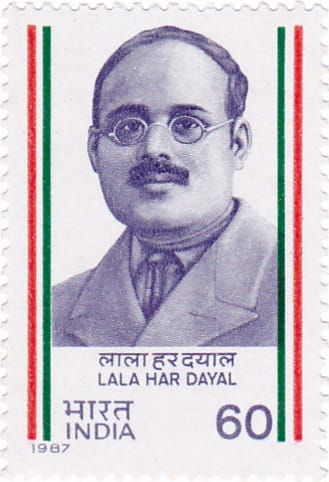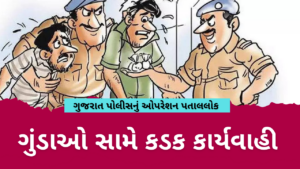In a letter to The Indian Sociologist, published in 1907, he started to explore anarchist ideas, arguing that “our object is not to reform government, but to reform it away, leaving, if necessary only nominal traces of its existence.”
Lala Har Dayal Mathur is one of the unknown heroes of the Indian Independence Struggle, who wrote the above words in a letter, leading him in the eyes of the police. On his birth anniversary, let us read his story.
Har Dayal Mathur was born in a Hindu Mathur Kayastha family in 1884 in Delhi. He did his bachelor’s and master’s degree in Sanskrit, while he also studied at the Cambridge Mission School. In 1905, he received two scholarships from Oxford University for his higher studies in Sanskrit.
He was in California where he developed several Punjabi Sikh farmers and they were in majority in that particular area. They were receiving great hostility from the Canadians in Vancouver, they had already, British did not affect them. Har Dayal took this opportunity to tap into the nationalist sentiment in the Punjabi Sikh people there. He encouraged young Indians to gain scientific and sociological education. He was much influenced by the Arya Samaj, and activists like Shyamji Krishnavarma, Bhikaji Cama, and Veer Savarkar.
April 1914, he was arrested by the United States government for spreading anarchist literature and fled to Berlin, Germany. He became was active in the formation of the Berlin Committee (later: Indian Independence Committee) and cooperated with the German Intelligence Bureau for the East. He received his doctorate from the University of London in 1930. He then went on a lecture tour covering India, the USA, and Europe.
“I am in peace with all,” he said while delivering a lecture, where he took his last breath during his lecture. Although one of his friends thought that he was poisoned. There were no further investigations regarding this. This unknown hero who believed in anarchist ideology remained on the covers till 1987 the Indian Department of Posts issued a commemorative stamp in his honour, within the series “India’s Struggle for Freedom”.





